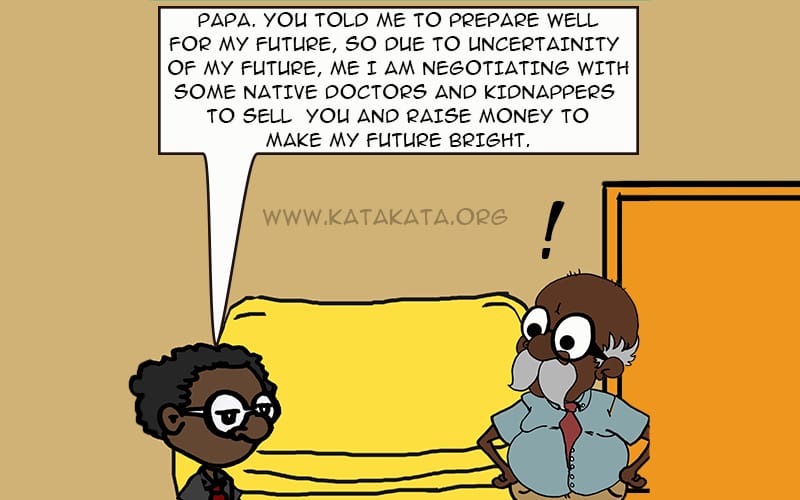The mouth is like a gun, and the words are the bullet.
"I will speak daggers to her, but use none" (William Shakespeare: Hamlet 3.2: 366).
It's a common misconception that the most lethal
weapons are physical. While a bullet can end a life in an instant, the impact
of words can be more profound and enduring. As Shakespeare astutely observed,
'Words spoken cannot be retrieved.' This is a stark reminder of the lasting
impact of our words, urging us to exercise caution and self-control before
speaking. The power of life and death is in the tongue. Bullets kill the body,
but words can destroy one's physical and mental health, future, career, family,
now and generations to come. Let this weight of our speech guide us in choosing
our words wisely.
We often underestimate the power of words; they can
build, destroy, and heal. Some say sticks and stones break your bones, but
words don't hurt. That maxim is laid bare and becomes questionable when one
understands the enormous problems words cause in people's mental health and
socio-political lives. Think of online bullying, street aggression, family
verbal abuse, gossip, character assassination, etc. The kind of words we use
could encourage or destroy others, especially our children, who rely on the older
ones for direction and growth. As adults, we bear a significant responsibility
in shaping our children's mental health through words. We use our words to
encourage, build them up or tear them down. Although I am not an apostle of
child coddling, I believe that while we lay a solid foundation for our
children's development, we must encourage them to learn to toughen themselves
against societal challenges; grooming kids to be stronger adults must not lead
to child mental abuse.
Some have argued that we should be our protectors
against other people's words because we are responsible for our emotions. If
you give other people's words power over you, you become a victim of their
malicious words; hence, we must learn to live for ourselves and be indifferent
to other people's words. This does not mean we should tolerate verbal abuse.
Setting boundaries and protecting ourselves from harmful words is not a sign of
weakness but a necessary step for our mental well-being. Unless they are children,
adults should not allow themselves to be harmed by mere words. Allowing others'
words to hurt or control us reveals one's level of insecurity and immaturity.
The revelation calls for emotional work, which involves understanding and
managing your emotions, building self-esteem, and developing resilience. This
emotional work is not easy, but it's empowering. It puts you in control of your
mental well-being and how you respond to others' words. That might be correct,
but not everyone is emotionally strong enough to counter the unnecessary verbal
aggression of others. Worse still, if we believe in equity, fairness and
justice, we must consider doing to others what we do not want others to do to
us. Words can be damaging, so no one has the right to offend, hurt, or attack
others.
Words are potent tools that can be wielded for good
and bad causes. The tongue, though small, is the hardest to tame. Let us use it
to speak life into others' lives with kind and loving words full of compassion,
truth, honesty, respect, and dignity. Remember, words can heal, inspire, and
bring about positive change. They are powerful; once spoken, they cannot be
erased. Therefore, it's crucial to choose our words wisely.
Empathy is not just a key; it's the heart of this
process. Before speaking, consider how your words might make the other person
feel. This simple act of kindness can transform your words from potentially
harmful to positively impactful. It's a call to connect with others on a deeper
level and understand their feelings and perspectives before speaking. Let's
remember that our words have the power to shape a better, more empathetic
world.
Video: https://youtu.be/pVK0gLVShlk

